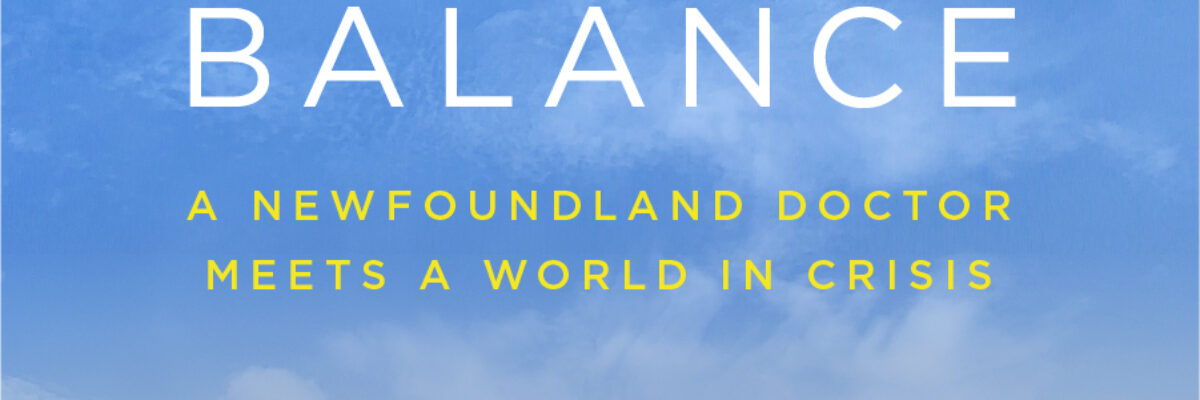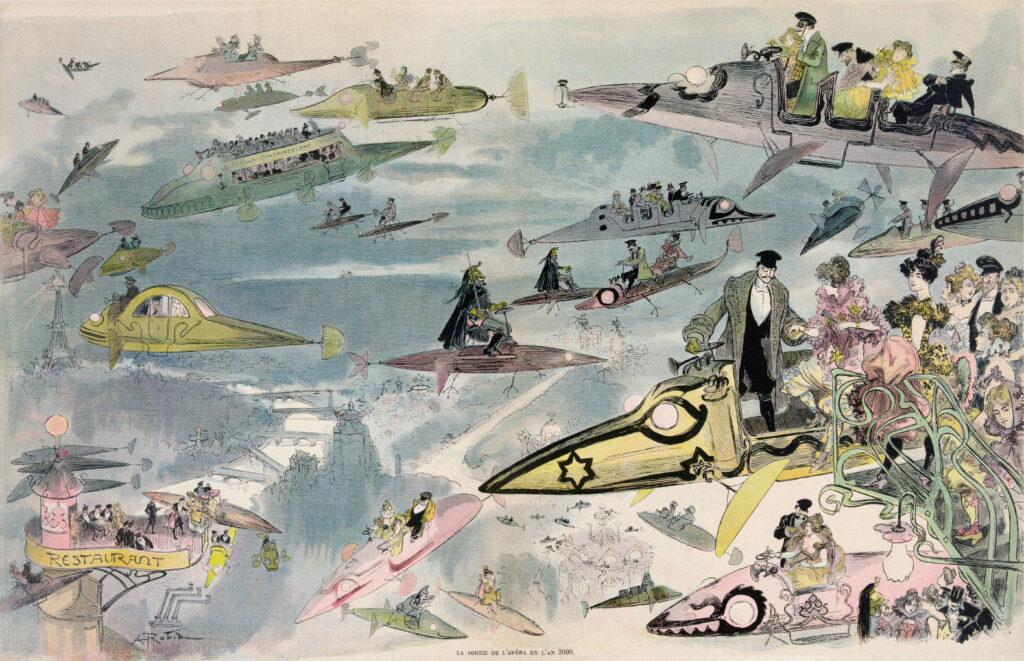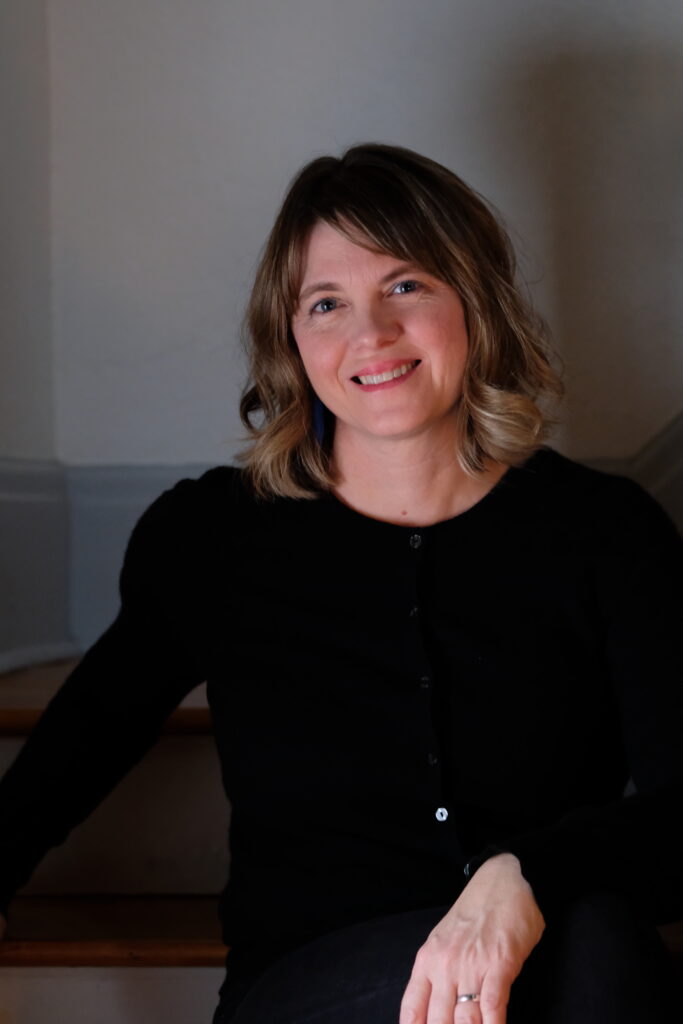Hope in the balance: a conversation with Dr. Furey part three
November 2020
The third of a three-part interview with Dr Andrew Furey, NL Premier and author of Hope in the
Balance, which tells the story of Team Broken Earth, NL’s first foray into global medicine, and
chronicles Furey’s journeys through Haiti, Bangladesh, and Ethiopia.
On the Ground
The airport was partially collapsed, so we are taken by shuttle bus to an airplane hangar where
our bags will be delivered in the middle of a chaotic scene. Bags are sent into this barn along a
makeshift conveyer belt. Between the language barrier, the tense emotions, and the routine
disorder of an airport scene, everything feels unstable, uncertain. You can’t tell the airport
employees from the passengers. And it’s a mad scramble for baggage, everyone grabbing what
you could only assume was theirs. – from Hope in the Balance
You write that “Surgery is pure medicine.” Can you expand on that a little bit?
Once you’re in the operating room, there’s no bureaucracy. What they don’t teach you in
medical school is the bureaucracy that exists in a medical practice. And frankly sometimes the
bureaucracy of medicine can be more overwhelming than the actual practice of medicine. But
once the scrubs go on and the gloves go on its pure medicine and you check your egos at the
door. There’s just something very special about the concert of the surgical procedure. I’ve said
many times to medical students can you believe that we get to do this? Even to reflect on the
steps it took to get the patient to the operating room, it’s quite a privilege to be able to
participate.
When you’re assembling a team, who do you need to take? And how do you know who you
need to take?
Initially, we didn’t have a firm number in mind, but when you start with the white board, which
fortunately filled up very quickly, we looked at a combination of skills that we thought would be
required [such as third-year resident, pediatric nurse, or anesthesiologist]. There were the
logistics of how many people we could take, down to how many beds there were to sleep in.
And we were very cognizant of the fact that we didn’t want to take anybody as just an add-on;
everyone had to have an active role and participate. Medical tourism, I wasn’t interested in
that.
“Medical tourism.” I hadn’t heard that before.
I’m not sure it’s a real phrase.
As soon as I read it I understood what you meant. I was interested in how it was a criticism
occasionally directed at you, and also that there was an instance when you referred to yourself as a “tourist,” when you went to a Haitian orphanage and you told yourself, “they
don’t need a tourist with tears in his eyes.” You had such a different response there.
Because at the hospital you’re working 12-, 16-hour days, flat out, trying to treat as many
patients as have access to the care you’re providing, so no I don’t believe that we’re medical
tourists. That’s something I was cognizant of very early, as were all the members of the team.
That’s not the objective we had set out; we wanted to be a results-focused team. And I think
we accomplished that. But I did feel out of place emotionally and physically in the orphanage. I
didn’t really feel I was accomplishing anything. That kind of negative attitude probably stems
from the emotion reaction it triggered in me as well. [Furey’s father, Senator George Furey, as
well as his uncles and aunts, grew up in the Mount Cashel and Belvedere orphanages, a family
story he recounts in the book.]The sun begins to set. Long shadows creep across what’s left of the city. I’m not sure what we are on is even a road. We’ve zigzagged so many times that I’ve lost any sense of direction as we ascend the hills of Port-au-Prince. There are moments of odd beauty. I can tell there was beauty here. The bones of it still exist and I try to picture it before all this happened. – from Hope in the Balance
You also write that you can tell a lot about a place by its airport.
It’s true!
What are you looking for when you land in a new place? You’re getting off the plane, what do
you see?
The airport in Port-au-Prince, initially there wasn’t one, it had collapsed, it was a temporary
shelter, no air conditioning, the bags thrown on the floor. What struck me about the
[Bangladeshi capital] Dhaka airport was how small it was given what an immense population it
serves. I was struck how few gates there were. No Hugo Boss stores or perfume shops or
anything like that. In Ethiopia is was just a landing strip in rural Ethiopia. We lost our bags and
we were trying to trace them; somehow we had access to a SIM card and we called our travel
agent saying, we’ve lost our bags, and she said, well, just go to the counter. There was no
counter, there was no anything. We took a picture of the handwritten sign reading Airport.
How is Covid-19 affecting TBE’s plans and fundraising?
It’s been rough for the organization. What’s harder than the fundraising – we’ve scaled back
and realigned there – the harder part is recognizing that even if there’s a desire to go [to Haiti]
there’s not the ability to go in the current atmosphere. But people have gone [in the past] and
will continue to go, they’ve built robust friendships with people in Port-au-Prince, and beyond.
I’m quite confident once there’s a vaccine the trips will resume.
Have you completely stepped away from TBE?
Once my tenure in this [Confederation] building, however long it lasts, is over, I hope to return.
That’s not a part of you that you can completely turn off.




